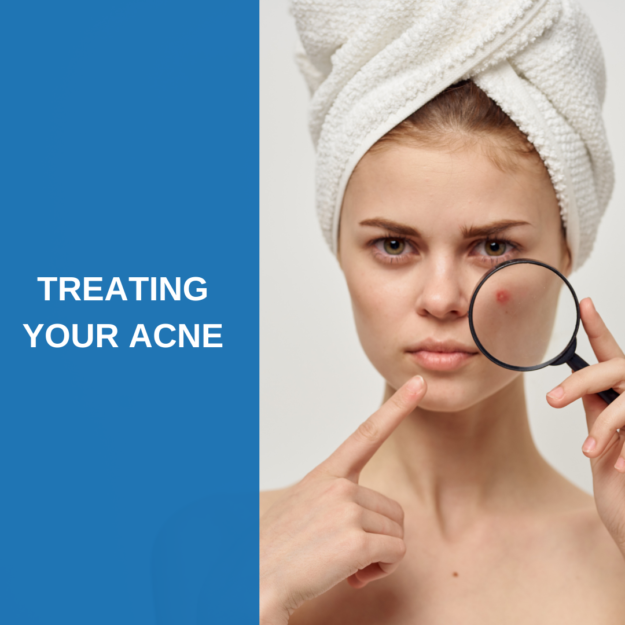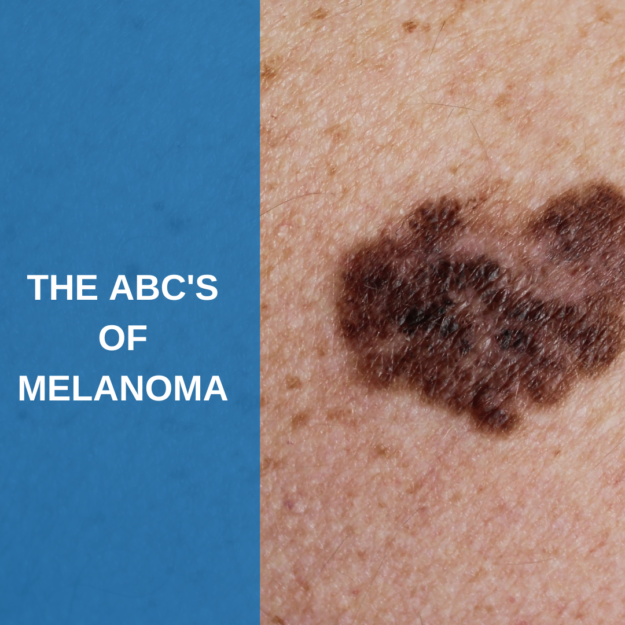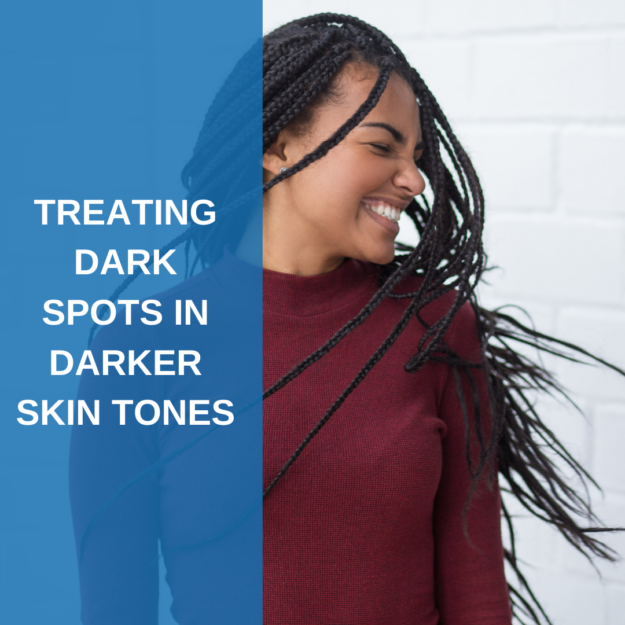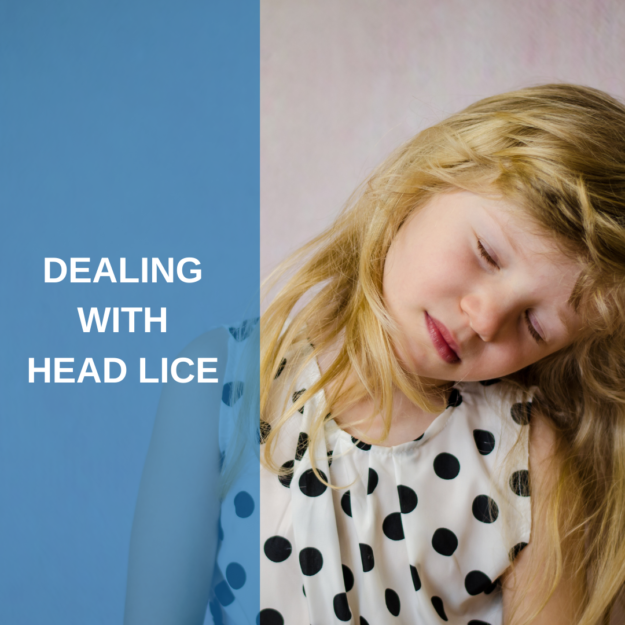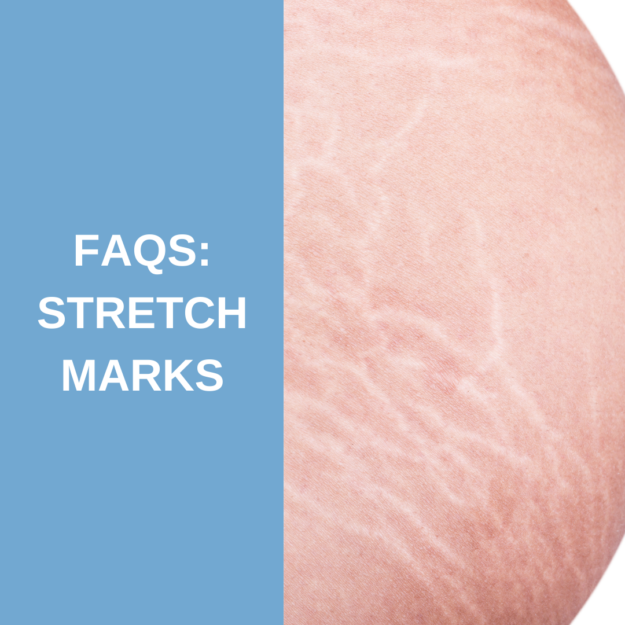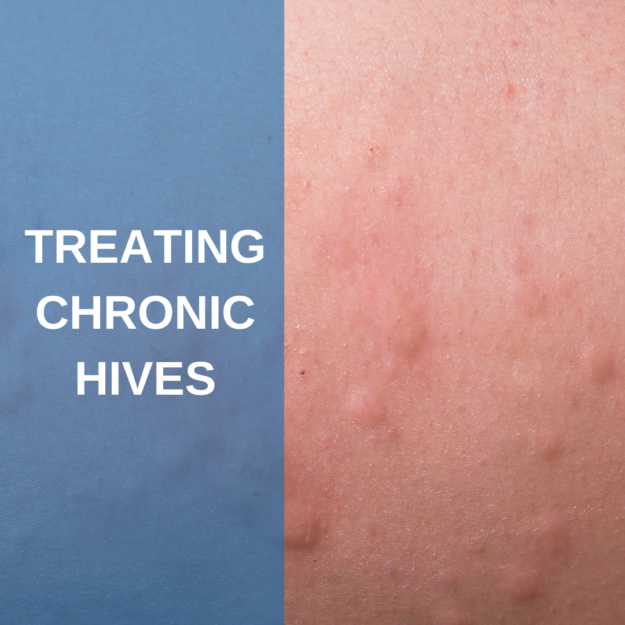Treating Your Acne at Savannah River Dermatology
Do you struggle with acne? Many individuals may suffer from acne for several years and lack the results they desire despite trying different types of treatments, cleansers, and products. Firstly, if you’ve never seen a dermatologist for your acne, this is an absolute must! What you think of as acne, may actually be a different…


